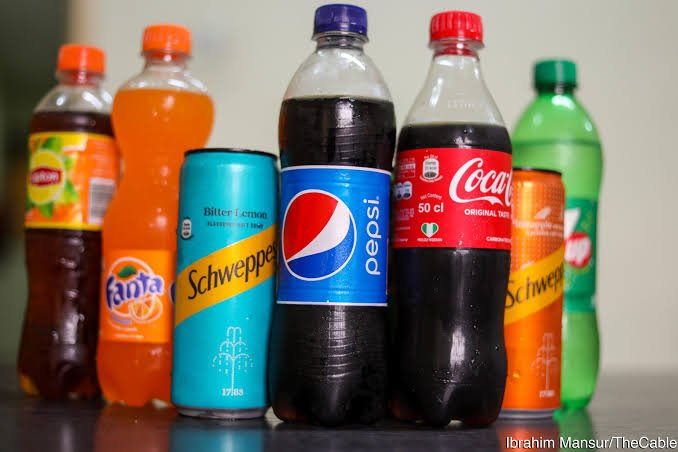A Federal High Court in Abuja has invalidated the excise duty on carbonated drinks imposed by the federal government. The court’s decision follows a lawsuit filed by the Nigeria Employers’ Consultative Association (NECA) in 2022 challenging the newly introduced N10 per liter excise duty on non-alcoholic, carbonated, and sweetened beverages.
Excise duty is a tax imposed on the production, licensing, and sale of goods. Since levied on carbonated drinks, it is widely referred to as “sugar tax,” as the government said it was intended to reduce excessive sugar consumption. However, NECA, representing business owners, challenged the tax policy justification.
Stransact, an independent audit, tax, and consulting firm, cautions against the negative impact of excessive and multiple taxes, which can create an unfavorable business climate and lead to business closures. In just the same way reducing tax burdens on goods and services can foster a more favorable environment for businesses, studies suggest.
Joining NECA in criticising the levy is the Manufacturing Association of Nigeria (MAN). In 2021, MAN said it commissioned a report detailing the effects of the excise duty and warned that levying such on carbonated drinks would result in salary reductions for workers in the industry. The report predicts that the beverage sub-sector could lose as much as N1.9tn in sales revenue, with adverse impacts on jobs and the supply chain.
In its ruling on Monday, Federal High Court’s Justice O. A. Egwuatu dismissed the Ministry of Finance’s preliminary objection, deeming it “lack of merit”, a statement by NECA reveals. One of the issues in contention was the eligibility of the NCS to demand transport and feeding allowances incurred in the course of their duties from the NECA members, as contained in the Finance Ministry’s 2022 Fiscal Policy Measures and Tariff Amendments.
As part of its ruling, the court declared the implementation of the 2022 Fiscal Policy Amendments null and void. The court held that the Nigeria Customs Service (NCS) lacks the authority to demand transport and feeding allowances from NECA members. The court further declared that the NCS lacked the power to administer, assess, or enforce the collection of excise duties on non-alcoholic, carbonated, and sweetened beverages without a specific enabling statute empowering them to do so.
“The law is settled that when a law prescribes a procedure for an act, non-compliance renders the act null and void. Similarly, if a statute outlines how services should be provided, non-compliance makes the service void,” explained Justice Egwuatu.
Nigeria holds a large share of the global soft drink market and is projected to see its market size grow to 10 billion dollars (in retail prices) between 2021 and 2026. The court’s decision invalidating the imposition of a “sugar tax” is expected to alleviate the burden the new tax is meant to create.
Adewale Smatt-Oyerinde, the Director-General of NECA, hailed the judgment as a victory for organised businesses in Nigeria, defending them against “official arbitrariness” and the imposition of additional burdens.














